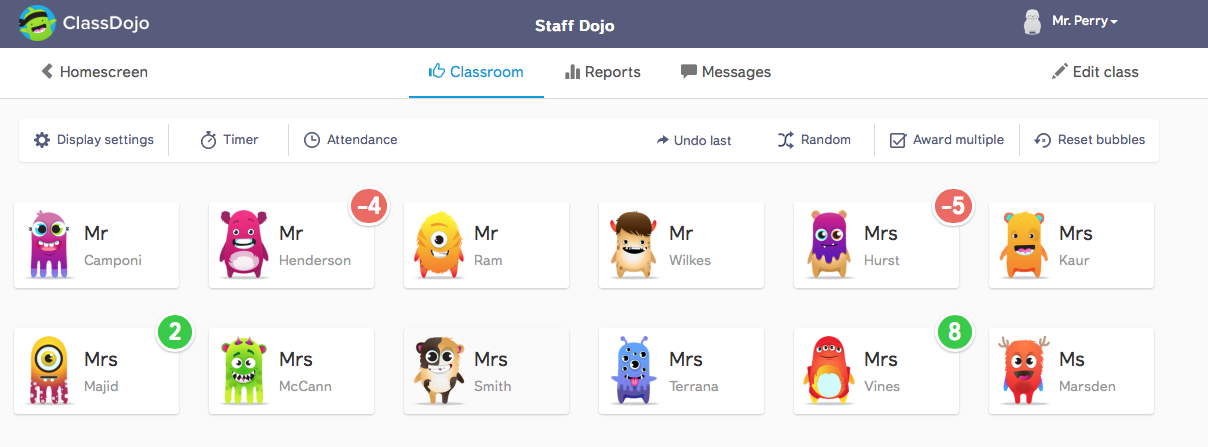The Dying Art of Talking to Children
This post is based on the short presentation I gave at the recent #TMBehaviour.
My five minutes today is not really going to teach you anything- I’m sorry. My five minutes today will simply be an appeal.
I’m worried about the motivation levels of an entire generation. It keeps me awake at night. I don’t have to ask if you’ve had similar thoughts yourself. It hit me most powerfully when my youngest daughter was five years old. I had taken her to a quiet country track to ride her bike for more than the 40 yards our street allows. I watched her face as she peddled and as she came to the end of a couple of hundred exhilarating yards, she stopped, put her foot down and panted these words: “What do I get?” This is my problem. I think that the overuse of extrinsic rewards is robbing our children of the pleasure of enjoying achievement for its own sake. And I believe that in the end, they are having lots of trouble motivating themselves.
But that’s not all. I think the arbitrary way in which extrinsic rewards are often given is breaking down the relationships we need to facilitate the very best learning. You’ve seen it yourselves, I’m sure. Johnny gets a Mars Bar for not chucking chairs for a whole hour. Good behaviour awards go the worst behaved children in school. Our children spot this lack of fairness- there’s an excellent video on YouTube featuring capuchin monkeys who understand when they are not being treated fairly, so I’m guessing children do to.
Before I suggest my singular solution, I want to share my two methods for deciding whether an approach to behaviour and motivation is suitable for use in the classroom. Let’s apply my two tests to, by way of an example, Class Dojo. My first test is whether I’d use the method to motivate teaching and support staff. Imagine a big white board display in the staffroom showing everyone’s names. The headteacher would come in and tap the board when staff who didn’t normally get their planning in on time, miraculously managed it one time or maybe they’d get two taps for a good set of SATs results. I’m guessing staff wouldn’t be too happy about this.
My other test is whether I’d use it for my own children. Imagine a projector set up in the kitchen with the names of my two daughter’s displayed on the wall. At the end of the week I could confirm that : ”Beth, you are officially my best daughter this week. Well done! Better luck next week Emma.”
I think managing behaviour is easy. It’s system based. With a good system in place schools and teachers can easily set supportive and fair limits that facilitate learning and keep children safe.
Motivating children and young people is a completely different and much trickier matter. Do we want children’s motivation to rely solely on external input? Helping to nurture children’s self-motivation as an art- it is subtle and nuanced and difficult, and this art is dying. If the people in this room aren’t keeping it alive I don’t know who will be.
Extrinsic rewards are like painting by numbers. There may be a place for it with with some of our students for a short period of time, but it’s not really what we want in the end.
Many schools that I work with are going sticker-free and are seeing enormous benefits, not least because of the massively increased effectiveness of their Growth Mindset principles. The children are no longer receiving mixed messages. Children’s feedback always features the fact that after a while, they don’t miss the stickers and stamps, and teachers find they have better relationships with their students.
My appeal is that we keep the subtle art of motivation alive by talking to our children more and rewarding them less. I think a generation of children and young people are relying on us.







